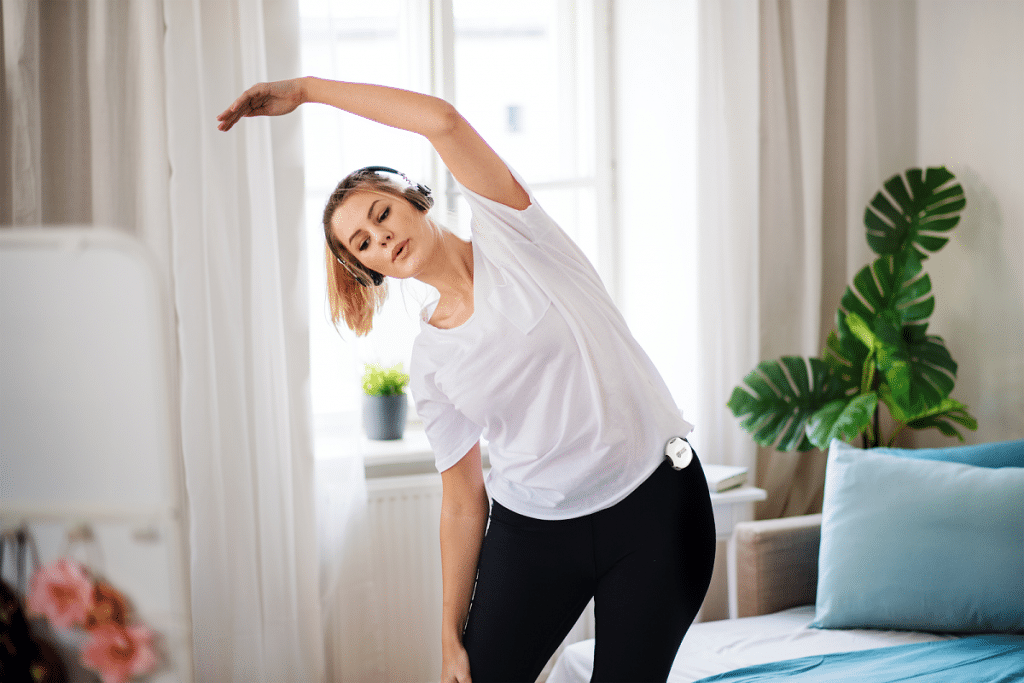Any article about staying healthy is probably going to start with diet and exercise. We all know by now that these are two of the most important things to get right, regardless of any more radical steps we take to try to improve our health.
What may not be as obvious is how living better can also have a healthy effect on your bank balance. A little extra investment early on can mean you’re in better shape as you get older, which in turn means you’re less likely to need a lot of medical attention. That’s obviously better for you, and it means there will be less pressure on the healthcare system overall.
According to researchers at the University of Newcastle in the UK (https://www.bluezones.com/2021/03/researchers-say-staying-active-is-linked-to-lower-healthcare-costs-later-in-life/), the more activity you do as a teenager and in early adulthood, the less likely you are to have to spend large amounts of money on your healthcare in the future.
The research focused on the U.S., although a similar study in Australia found similar outcomes. These results came from data collected in a study on diet and health conducted by the National Cancer Institute that was then linked to Medicare claims. In a country without universal healthcare, the costs associated with healthcare become even more important. Knowing that there are ways to reduce these costs is welcome news.
It does appear that the activity has to be during adolescence and adulthood to have an impact when you reach 65 and older. The research suggested that those who slowed down in middle age may have the same outcomes as those who had never been active at all. For those who maintained their activity, however, they could save between $824 and $1356 every year.
Overall, the research divided participants into four main groups. Just over a third were described as maintainers who kept up a reasonable to high level of activity even as adults. Slightly less than a third were decreasers whose activity levels declined with age. Much rarer were the 18% who began and stayed inactive for their entire lives and the 15% who actually managed to increase their exercise levels.
It’s believed that around a quarter of the world’s adults aren’t getting enough exercise, but luckily there are lots of different steps you can take to try to improve. Think about whether you work best one-on-one, say with a personal trainer, or if you’d rather be in a small group of trusted friends, working together as you pursue similar goals. There are also programs aimed at whole communities to try to improve their engagement with health and fitness.
Exercise can be challenging, but don’t despair. The fact that you weren’t active when you were younger doesn’t mean it’s too late now. Studies have shown that you can still experience significant health benefits from exercise, including a reduced risk of cardiovascular disease and cancer, even if you are older when you begin. That means there’s still time to improve your longevity while reducing some of your health-related costs.




